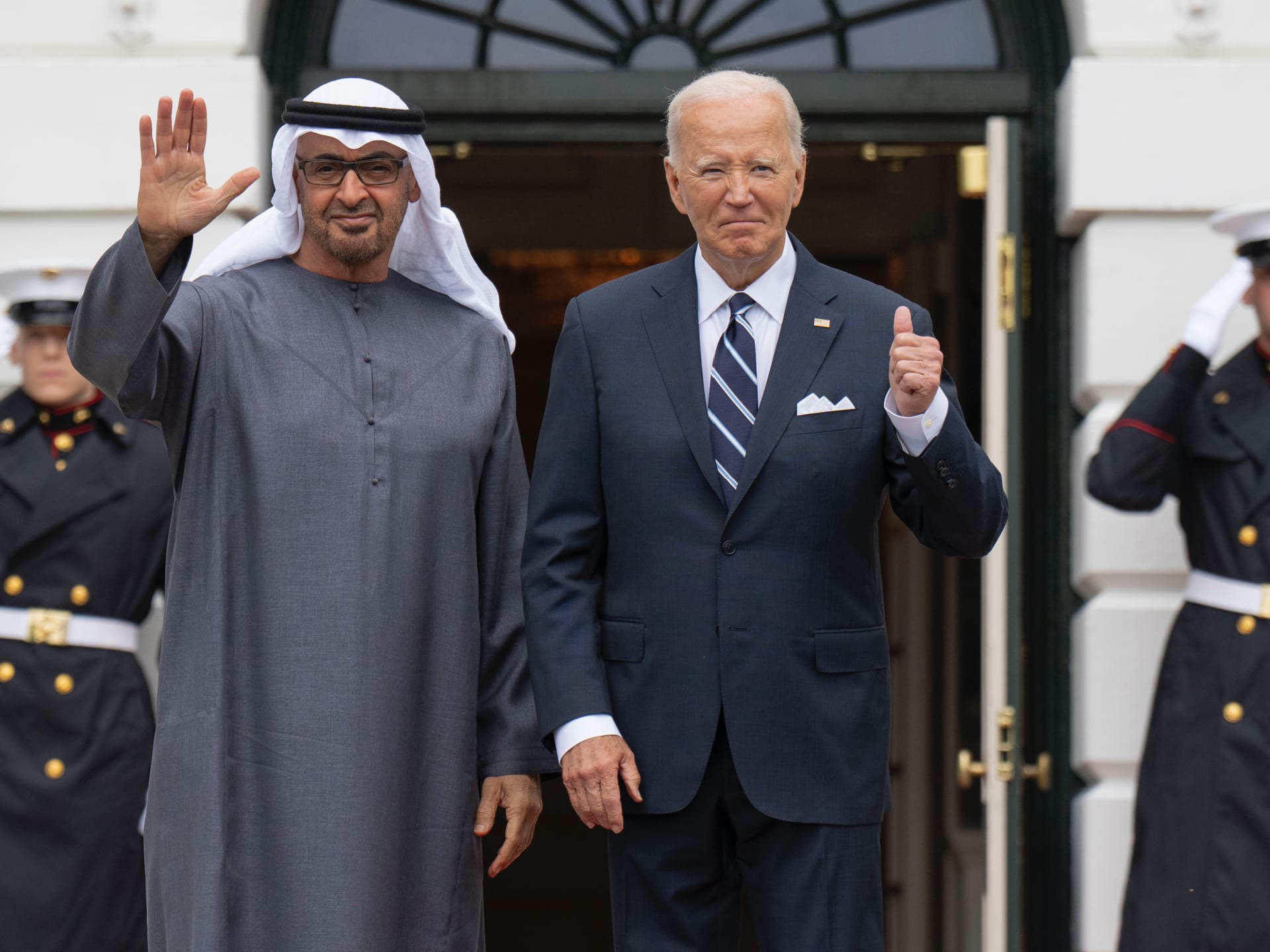Sep. 25, 2024 |
It depends on what dictator. When U.S. Vice President Kamala Harris gave her speech to the Democratic National Convention this summer, she said that her presidential rival, Donald Trump, “won’t hold autocrats accountable” and that she “will not cozy up to tyrants and dictators.” It’s a familiar message: The New Yorker recently published a cartoon of a mustachioed caudillo on the psychoanalyst’s sofa, complaining “It’s like Trump is deliberately praising every brutal dictator except me.”
But the U.S. has a long and complicated history of dealing with dictators. Has Trump really represented a shocking kind of departure from it?
Franklin Delano Roosevelt, well remembered for leading the U.S. into war against the tyrannies of the Third Reich and Imperial Japan in the 1940s, once praised the Soviet Union’s Joseph Stalin as “truly representative of the heart and soul of Russia;” Richard Nixon gushed over Spain’s Generalissimo Fransisco Franco when visiting Spain in 1970; and Ronald Reagan once complimented Guatemala’s president Efraín Ríos Montt a “man of great personal integrity and commitment.”
It’s true that when Trump goes so far as to call Egypt’s president Abdel Fattah el-Sisi his “favorite dictator,” that might appear crass and unseemly, even against this historical backdrop. But it’s been official U.S. policy—before and after Trump—to prop up Sisi’s regime.
When Sisi ousted President Mohamed Morsi in 2013, President Barack Obama refused to call it a “coup,” since he would then be legally obliged to cut off military aid—and the U.S. has supported Sisi ever since. Earlier this month, the Biden administration announced it’d override congressional human-rights conditions to send Egypt $1.3 billion in military financing.
—Gustav Jönsson

